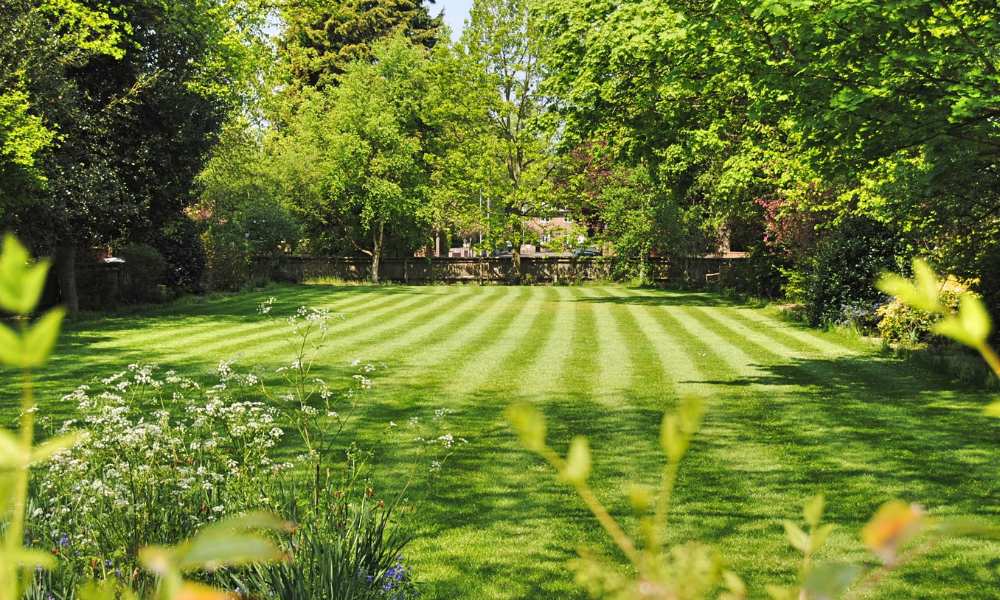Working on a backyard vegetable garden in Ashburn, Virginia, can provide healthy meals and is an excellent way to enjoy truly fresh produce without even leaving your backyard! But with the area’s hot summers, and occasional high humidity and suburban wildlife, your outdoor space can be a veritable playground for bugs and critters, too. Whether they’re tomato-tasting squirrels or aphid infestations on your lettuce, pests can make short work of all the progress you’ve made over the past several months. The good news is, with proper practices, you can protect your garden while keeping that growing space eco-friendly and healthy, Click here to find out more. Here’s how to defend your vegetable garden against the region’s most frequent insect and animal marauders in Ashburn.
Get a sense of the pest situation at your destination
In Ashburn, gardeners often fight a medley of insects and small animals. Typical insect pests are aphids, cabbage worms, Japanese beetles, squash bugs and cutworms. Critters such as deer, rabbits, squirrels and woodchucks are all too happy to feast on garden greens and gobble up tender plants. Understanding what kind of pests that visit your neighborhoods can help you select the most effective approach to stop them.
Begin with healthy soil, and strong plants
The healthier the plant, the better able it is to fend off nasty bugs. Start with a fertile, well-draining soil, and add compost or organic material to enhance texture and fertility. Rotate plant families from one year to the next to prevent depletion of soil nutrients and to foil insect cycles. Composted leaves or aged manure can add a big jolt of vitality to gardens in Ashburn, where soil is often a combination of clay and loam.
Install Physical Barriers and Garden Structures
One of the best defenses is to put physical barriers between your vegetables and pests:
Row covers: You can cover plants with a lightweight, breathable fabric to keep flying insects from laying eggs on their leaves. For keeping cabbage moths, aphids and beetles at bay, they are particularly useful.
Floating netting: Guards the plants from birds and larger critters such as squirrels and allows the sun and water to filter through.
Fencing: A raised fence of at least 3-4 feet, with buried mesh (about 6 inches deep) can deter rabbits and groundhogs. For deer, you need a higher fence – or two fences – around the perimeter.
Plant cages: Set up tomato cages, or create your own wire cages, to keep both squirrels and birds and bay.
Implement Companion Planting
There’s also companion planting, or planting certain varieties right beside each other in order to help naturally kill bugs that might be bothering your plants or to attract good bugs:
- Marigolds also repel aphids, nematodes, as well as whiteflies.
- Basil planted close to tomatoes also discourages flies and hornworms.
- Nasturtiums attract aphids away from main crops and are sacrificial plants.
- Herbs like mint and rosemary are pungent herbs that will repel flying things like mosquitos and beetles.
Water and Mulch Properly
It can also cause fungal growth that weakens plants and lures pests. Water plants deeply and infrequently at the root base of plants in the morning to deter slugs and fungal diseases. Mulch around plants to conserve soil moisture, moderate temperatures and reduce weed growth. For vegetable gardens, straw mulch such as decomposed or shredded leaves is good and will also help to prevent disease transmission with soil splash, particularly in hot summers like Ashburn’s.
It takes a combination of preparation, observation, and a little ingenuity to keep insects and other animals out of your vegetable garden in Ashburn, Virginia. Season after season, you can have a productive and pest-resistant garden by combining organic methods, careful planting, and compassionate barriers. Whether you’re growing vegetable on a patio or cultivating a full backyard bed, embracing these strategies will keep your crops healthy.




